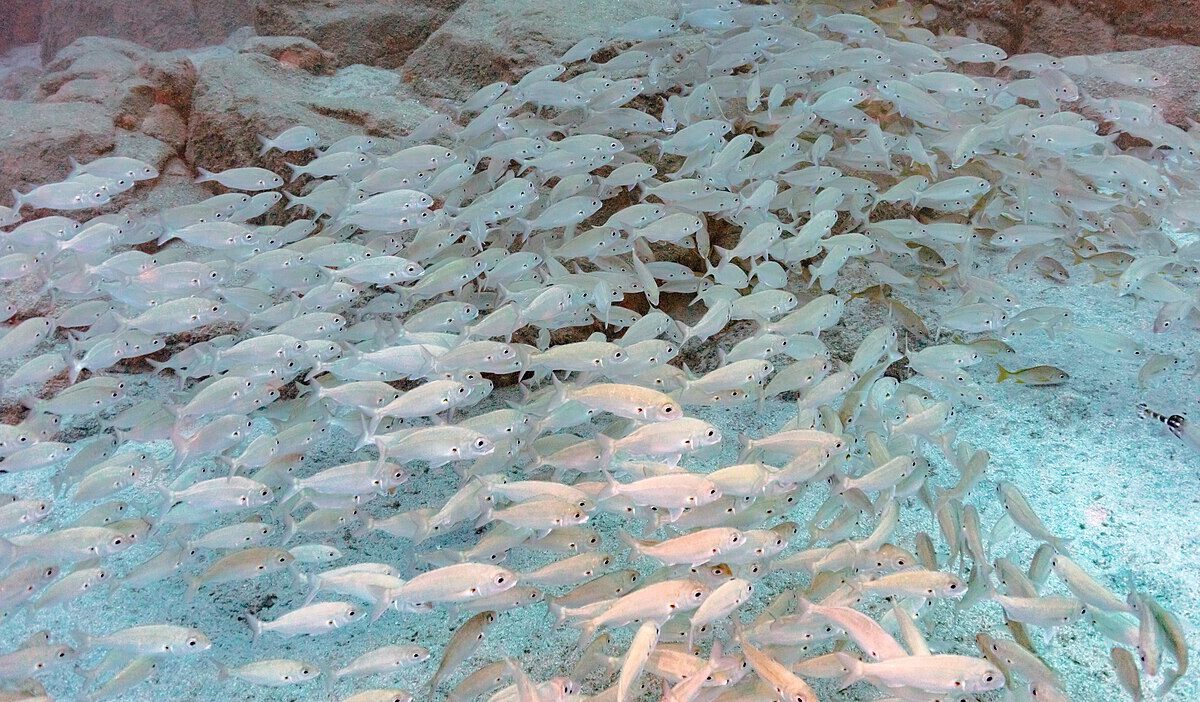Carlos Mallo Molina grew up inspired by his engineer father who led port construction projects across Spain. But while working on a highway project in Tenerife, one of Spain’s Canary Islands, Molina realized that a related plan to build a port in a marine protected area threatened the marine ecosystem that he had come to love.
In a May Mongabay Newscast episode, Molina told host Mike DiGirolamo about his decision to quit engineering in 2018 and found the nonprofit Innoceana, which contributed to the cancellation of the proposed port.
“I was a diver since I was a kid. And I think that connected me to the ocean in a very deep way,” Molina told Mongabay, adding that it was his father who encouraged his love for the ocean.
When he started working in Tenerife as a civil engineer, he continued to go diving on weekends.
“It [the ocean] was full of sea turtles. It was full of whales. It was full of marine life. And so, I think understanding how my impact was going to destroy actually a marine protected area … [I realized] I need to do something to change what I’m doing in the way that I can protect this ocean,” he told DiGirolamo.
Molina’s activism earned him the prestigious Goldman Environmental Prize, but he emphasized that it was not his efforts alone that led to the cancellation of the port project. Together with biologists, underwater photographers, economists and lawyers, the community started a platform called Save Fonsalía.
Not everyone in the community was initially convinced; many locals in Tenerife rely on tourism for their livelihood.
When the COVID-19 pandemic hit in 2020, Molina said perceptions began to change, as people were cooped up at home.
“I think that helped people understand how important is nature not only for development, not only for tourists, but also just to live, just to be a human being,” he said.
What ultimately persuaded the government to halt the project were data collected by his group on the many species that would have been affected by the construction of the port, including a large population of pilot whales. The activists pointed out that the environmental impact assessment used to support the port construction was outdated and did not include the species that were recently categorized as endangered.
Eventually, Innoceana was also able to get funding to create a marine conservation and education center instead.
Molina called it a “long-lasting solution,” adding, “We are going to educate all of the kids in the area. We are going to help development. We are going to create something that goes in the right direction to protect a marine protected area.”
Listen to the full podcast episode here.
Banner image of a school of grunts (Pomadasys incisus) in the Teno-Rasca Marine Strip by Diego Delso via Wikimedia Commons (CC BY-SA 4.0).
Source link
#Goldman #Prize #winners #shift #engineer #activist #Tenerife #Canary #Islands
